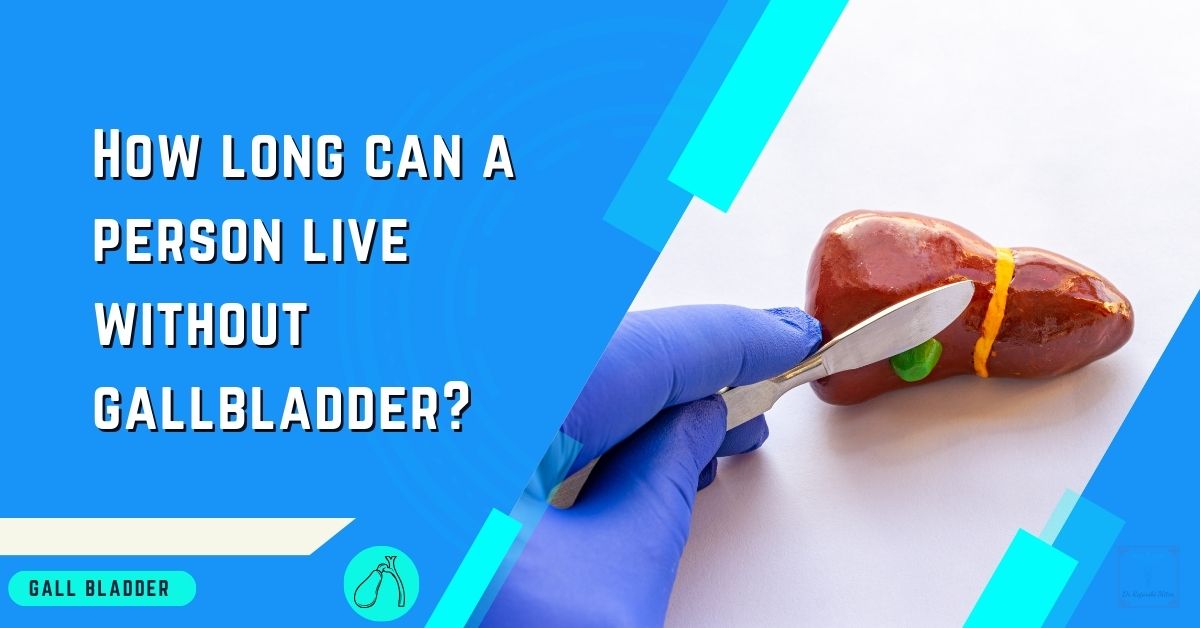Patients often wonder if their life will be better after having their gallbladder removed.
The quality of life after gallbladder removal varies among individuals. For many, life significantly improves after the surgery, especially if they previously suffered from painful gallstones or other gallbladder-related issues.
As your surgeon, I want to provide an extensive look at the potential impacts and benefits of living without a gallbladder. I will discuss recovery, digestive changes, effects on diet, pain relief, and lifestyle adjustments needed after surgery.
Is Life Better After Gallbladder Removal?
1. Recovery Takes Time
It may take 2-4 weeks to fully recover from surgery. Incision pain, fatigue, and post-op effects may temporarily worsen the quality of life.
2. Often Resolves Painful Symptoms
Removing the gallbladder provides definitive relief from recurrent painful gallstone attacks and inflammation. While many patients experience significant improvement in their quality of life after gallbladder removal, some may wonder if their body can adapt to life without this organ. This leads to the question: “can the gallbladder heal naturally? ” In fact, the gallbladder does not regenerate or heal itself once removed, but the digestive system can adjust over time to function without it, often leading to a reduction in symptoms related to bile flow.
3. Diarrhea and Digestive Issues
Up to 30% experience loose stools, indigestion, and gas after surgery until the body adjusts to new bile flow.
4. Dietary Changes Are Required
Avoiding fatty foods, eating smaller meals, and limiting dairy may be necessary to manage diarrhea. This can mean dietary restrictions.
5. Supplemental Digestive Aids May Help
Some patients benefit from using digestive enzymes or ox bile supplements to improve gut function after surgery.
6. Less Risk of Gallstone Complications
Without a gallbladder, there’s no more risk of potentially life-threatening complications like infected gallstones, pancreatitis, or bile duct blockages.
7. Long-term Outlook
Over the long term, the vast majority of individuals can return to their regular activities and diet. Most don’t notice significant changes in their day-to-day lives.
Summary of Key Points:
– Recovery period may temporarily worsen the quality of life
– Removes pain from severe recurrent gallstone attacks
– Diarrhea and dietary changes are common afterward
– Less risk of dangerous gallstone-related complications
– Result is very individualized – discuss thoroughly with your surgeon
I hope this overview helps set appropriate expectations. Please let me know if you have any other questions!



















